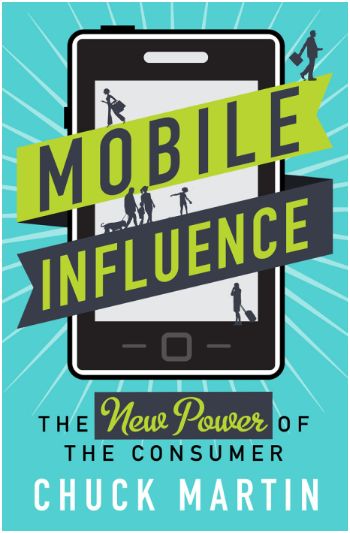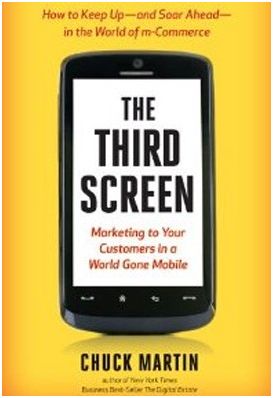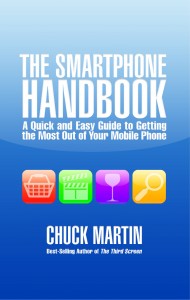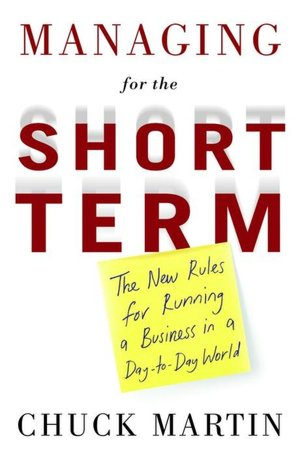It appears much of the retail action relating to mobile is likely to happen in the actual store.
Going through the lengthy annual global shopping survey by PWC, two particular findings strike me as pointing to key opportunities and challenges for retailers.
On the positive side, showrooming may be less of an issue than some perceive with consumers finding shopping at a physical store attractive. The top reasons were the ability to see, touch and try products followed by getting the product immediately.
The findings are based on a survey of more than 11,000 shoppers in 11 different countries in search of insights for retailers and packaged goods companies.
The majority of consumers actually use physical stores for both research and purchasing the products they want to buy, according to the study.
On the negative side, the study found that the center of the shopping universe is shifting from retailers to manufacturers. This means that while the consumer may come to the physical store, they still may pull out their phone and buy directly from the company making the product.
The main reason consumers buy directly from a brand or manufacturer were found to be lower price, full range or more choices and brand loyalty.
Retailers have an edge by providing better experience, customization/personalization, better service and good stock availability.
So while price matching may deter some of the direct selling by manufacturers, the in-store experience is what gives retailers a potential advantage.
This could be a competitive race between retailers and manufacturers/brands to interact and engage with the in-store, mobile shopper. At least it looks like they will still be there to interact with.
Chuck Martin is editor of mCommerce Daily at MediaPost and writes the daily MobileShopTalk. He is author of “The Third Screen,” “The Smartphone Handbook,” and the soon-to-be-published “Mobile Influence.” He is CEO of Mobile Future Institute and a frequent mobile keynote speaker around the globe.










